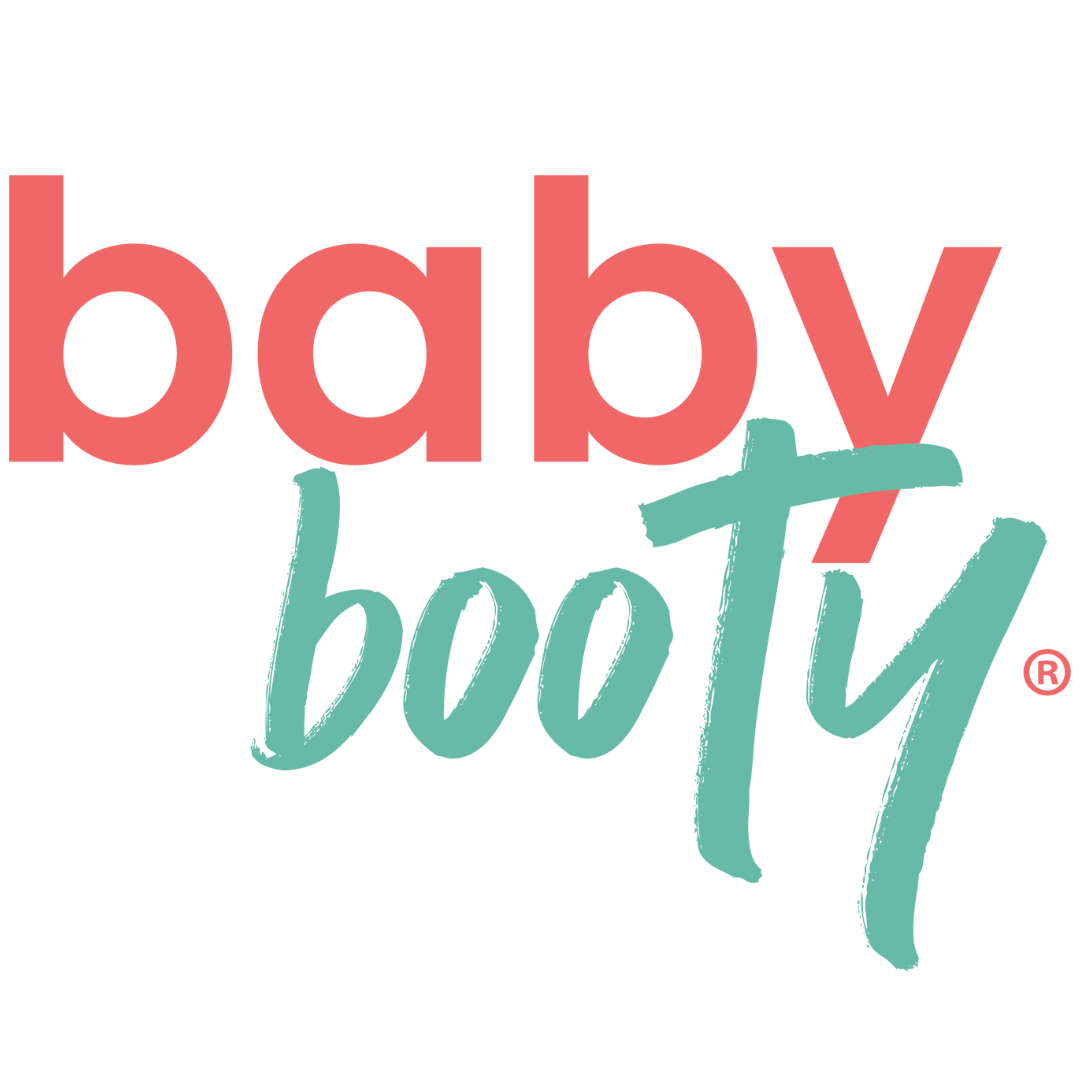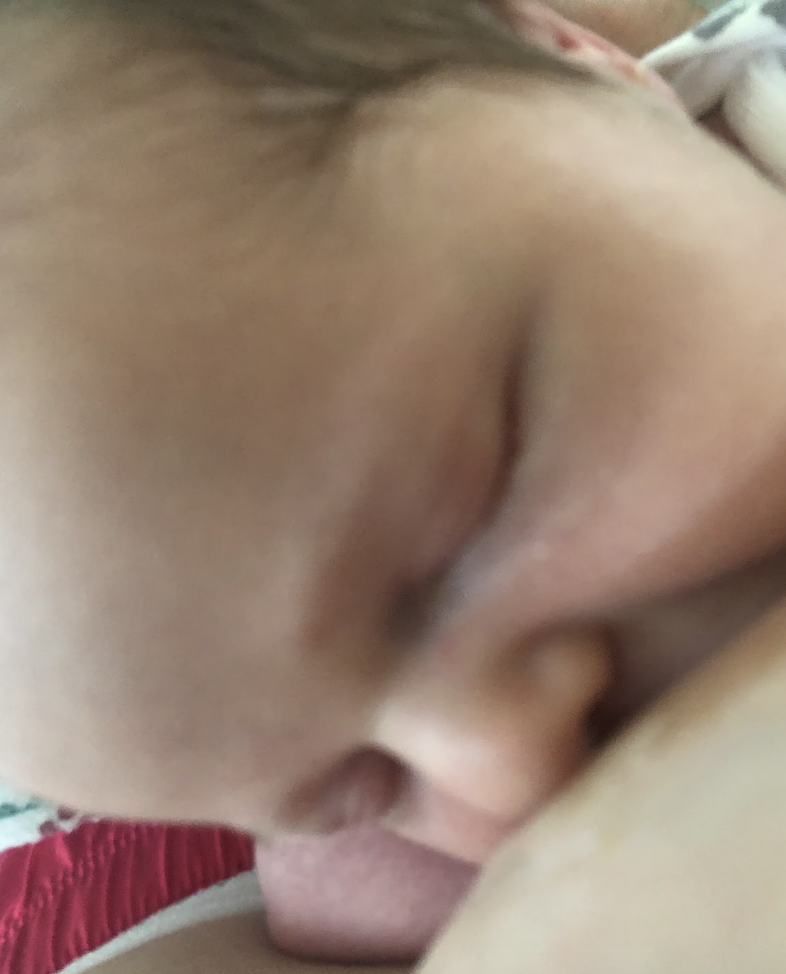Sisterhood over Certifications: What Helped Me Feed My Baby Wasn't a Degree
Feeding a baby is deeply personal. This is my story—but I know every journey looks different. Every parent deserves support, regardless of how they feed their baby.
My twin sister taught me to breastfeed. Spoiler alert: It wasn’t pretty. It wasn’t magical. It was crying. Chaos. And a whole lot of emotions.
“ If I can breastfeed, you can too! We literally have identical genes. We have giant nipples and a good milk flow. It’s in our DNA”
My twin sister, Margaret, had been nursing her daughter for 13 months. She was convinced that she could do what the lactation consultants at the hospital couldn’t: get my son to latch.
“We have the same anatomy,” she reassured me. Then, she grabbed my boob, made a hamburger (IYKYK), and I shoved my son’s mouth onto it. This was something the Lactation Consultant was too polite (or too prudish) to do.
And, after five days of exclusively pumping, he latched!
That moment changed my whole feeding journey—but not just because of breastfeeding, but because someone showed up when I needed help.
The Big Push for Breastfeeding
Over the past two decades, there has been a significant push to increase the number of babies exclusively breastfed. The CDC calls breastfeeding a “key strategy to improve public health.” The WHO backs that up, saying, “Breastfeeding is one of the most effective ways to ensure child health and survival.”
No sugarcoating here—these major organizations agree: breastfeeding is important. But just because something is recommended doesn’t mean it’s realistic—or even right—for every family.
Numbers Don’t Lie
So with all that big name support, I should’ve been drowning in breastfeeding success, right?
I wasn’t—and neither are a lot of other moms.
Despite living in the golden age of science, data and pro-breastfeeding messaging, most mothers struggle to maintain exclusive–or any–breastfeeding. This includes many moms who very much want to breastfeed their babies.
83.3% of mothers intend to breastfeed their babies when they are born. By six months only 24.9% of babies are exclusively breastfed, and just 35.9% receive any breast milk at all.
Mom’s are not getting the support they need.
A Case Study in What’s Broken
My story? It’s basically a case study of a broken system and how complicated feeding a baby can be.
Many lactation consultants are doing their best—often in overcrowded hospitals and highly medicalized environments. And every mother is doing what’s best for her baby, herself, and her family.
After my sister got my son to latch, I went on to exclusively nurse him for two years.
Did I expect to breastfeed that long? No way! What I did have was a body that did its best, a baby who responded well, and a sister who helped me take the first step.
That’s what made the difference.
Not a certification. Not a protocol. Not external pressure.
Just a sister, confident and comfortable enough to grab my boob and get it done.
Let’s Swap Stories
What about you? What was your feeding journey like? Who showed up for you?
I’d love to hear your scary, funny, and downright ridiculous moments—because sometimes those stories remind us of what, and who, are really important.
Photographic evidence of the first latch.

